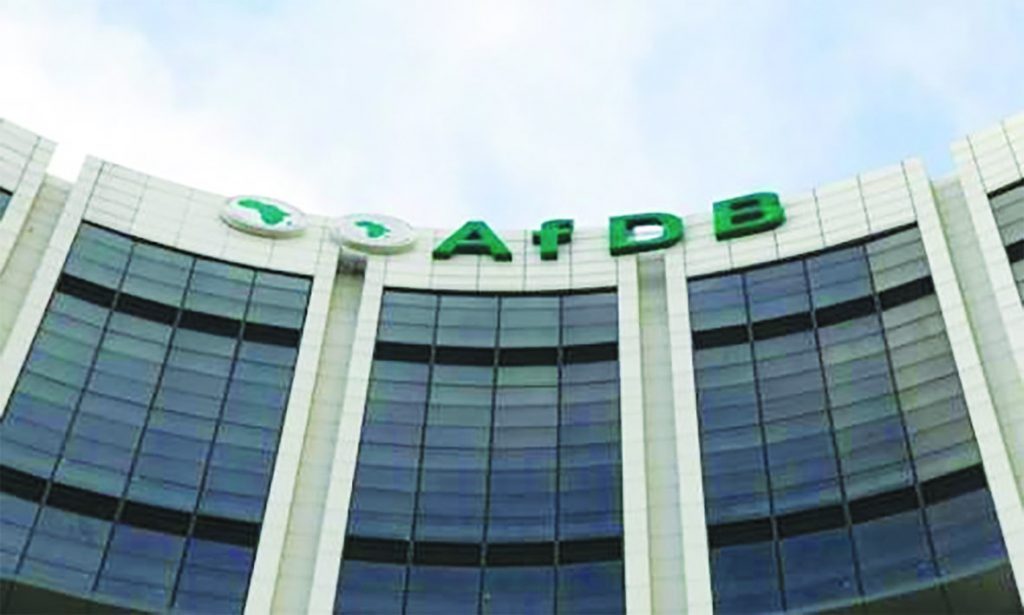Nigeria is losing about $8.8bn every year due to its large informal economy, the African Development Bank said in its 2025 African Economic Outlook report.
The report noted that while informal businesses contribute significantly to economic activity and employment, much of the wealth they generate remains outside the tax system, resulting in substantial revenue losses that could be used to finance development.
According to the AfDB, informal enterprises, including street vendors, smallholder farmers and micro and small businesses, make up a significant share of economic activity across Africa but remain largely untaxed.
The report read, “By analysing data on informal output relative to formal output, tax revenue as a share of GDP, and nominal GDP across 46 African countries, the estimated forgone revenue amounts to approximately $125bn for Africa. This estimate would be even higher if data from all African countries were available.
“Moreover, the impact could be dynamic: as informal enterprises transition into the formal economy, they would gain access to better conditions that support business growth, further expanding the tax base and increasing overall revenue potential.
“The largest estimates of forgone revenue are concentrated in the continent’s biggest economies: South Africa ($20.4bn), Algeria ($16.3bn), Egypt ($15.6bn), and Nigeria ($8.8bn).”
It emphasised that transitioning informal businesses into the formal economy could generate an estimated $125.3bn in additional revenue for development financing across the continent.
The report stated that the informal sector is “limiting growth while formal sector growth boosts economic growth,” highlighting that bringing informal enterprises into the formal sector would allow them access to better business conditions and increase tax revenues.
It recognised that informal businesses were challenging to tax because of their irregular and largely undocumented nature.
However, it pointed to some African countries’ experience, such as Kenya’s iTax system and Tanzania’s presumptive tax model, as examples Nigeria could consider to improve tax compliance and revenue collection.
It also mentioned that Nigeria has been implementing tax reforms, including digitalisation of tax processes, but compliance remains low.
In addition to revenue losses from informality, Nigeria faces rising debt service costs, with about 75 per cent of government revenue expected to be spent on debt servicing in 2025.
The AfDB report also showed that Nigeria’s public debt was projected at 47 per cent of GDP in 2025.
“Debt interest and amortization payments are not necessarily tied to the size of GDP but are made from government revenue. So, despite debt-to-GDP ratio being low, a country can still face a high debt burden if substantial shares of revenues are channelled towards debt service payments.
“Nigeria presents a classic case in point. In 2025, the country’s public debt was projected at 47 per cent of GDP. In contrast, threequarters of federal government revenues were projected to be spent on federal government interest payments,” says the report.
According to it, debt service pressure is concentrated in countries with low revenue generating capacity, adding that increasing borrowing costs due to global interest rate hikes and currency depreciation threatened fiscal sustainability.
Total debt service payments across Africa are expected to hit $89bn in 2025, with over half owed to private creditors.
The report further explained that while interest payments as a share of government revenue might decline slightly in 2025 and 2026, this outlook is “subject to uncertainty on the path of interest rates and exchange rate fluctuations.”
Nigeria’s high debt service cost limits government spending on essential services and infrastructure.
The AfDB called on Nigeria to increase domestic revenue mobilisation through tax system modernisation and closing loopholes.
The report stated that reducing reliance on aid and improving the efficiency of public spending are also vital to safeguard fiscal space and reduce debt vulnerabilities.
Nigeria’s economic growth rose marginally to 3.4 per cent in 2024 from 2.9 per cent in 2023, supported by services, agriculture and industry. Inflation rose sharply to 33.2 per cent, driven by higher fuel prices and exchange rate depreciation.
The Central Bank of Nigeria responded by raising policy rates to 27.5 per cent.
Public debt surged from 41.5 per cent of GDP in 2023 to 52.3 per cent in 2024 due to increased borrowing and a weaker naira.
Despite this, the fiscal deficit narrowed slightly to 3.9 per cent of GDP, helped by improved non-oil revenue.
The AfDB report stresses the importance of formalising Nigeria’s informal economy to unlock revenue that can support growth and development.















